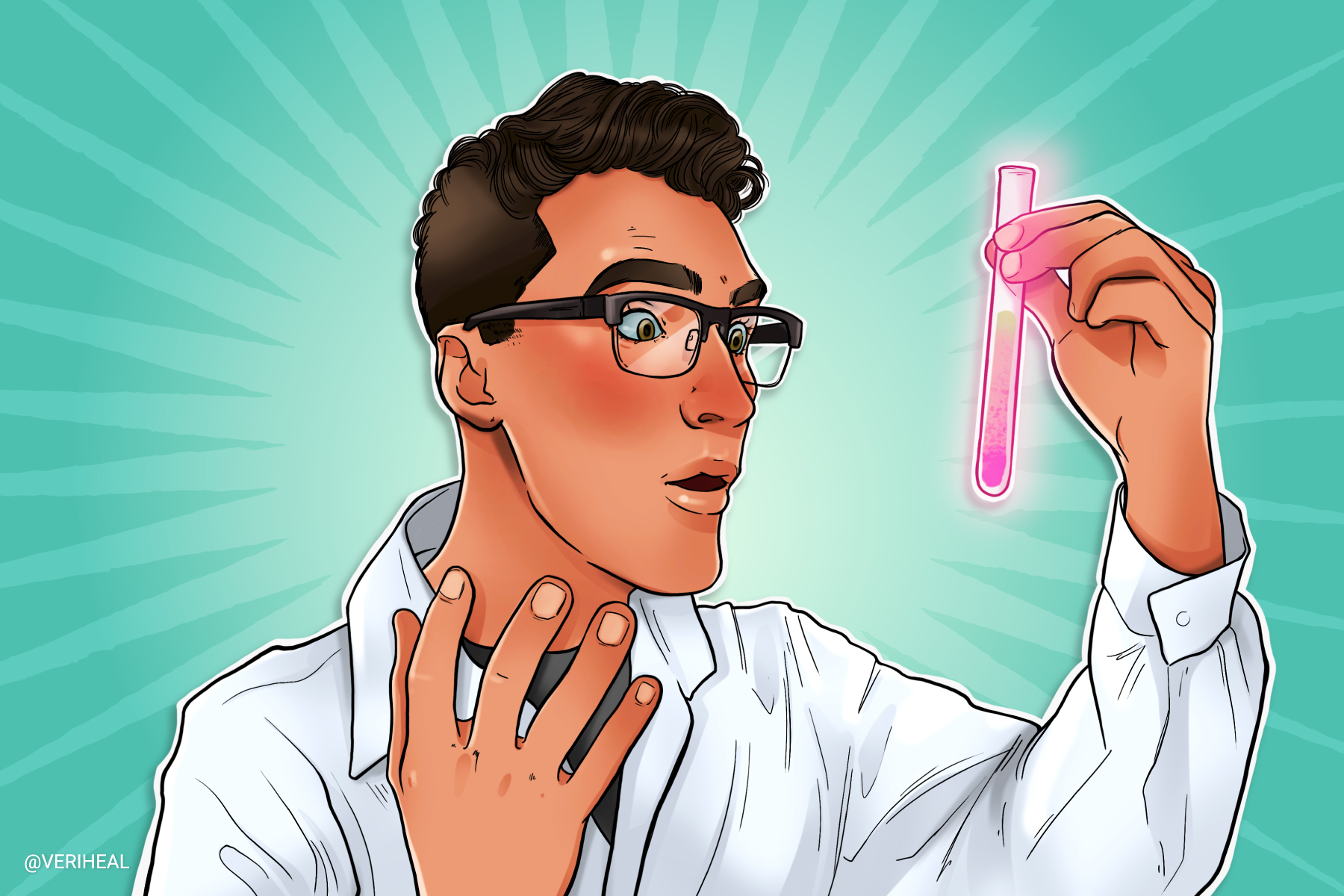German poet and scientist Johann Wolfgang Goethe once stated that “discovery needs luck, invention, intellect” and that “none can do without the other”. There are so many life-changing discoveries and inventions that were made either by accident or as a result of being under the influence, which is probably where luck comes in.
Medical Discoveries Made by Accident
Many of these accidental discoveries have significantly impacted the medical industry as well as the lives of people today. Imagine living in a world with no antidepressants or reversible means of birth control? We may have come to discover those drugs eventually, but fortunately, they were discovered by accident and have fortunately been around for a while.
During efforts to find an effective prophylactic, the 1950’s scientists removed impurities from progesterone pills they were testing at the time. However, the removal of the impurities made no improvements in the study which is when they came to realize that the impurity they were removing was activity estrogen. Further research led them to discover that the key to an effective prophylactic is the combination of the two hormones. The pill was approved by the FDA in 1957 but “only for severe menstrual disorders, not as a contraceptive”. The pill became an instant hit on the market, but after some publicity reporting on the adverse effects, sales dropped significantly.
- Chloral Hydrate- The First Synthetic Sedative
This accidental discovery can be attributed to Oscar Liebreich who first identified the sedative properties of the world’s first synthetic hypnotic. Liebreich was following an incorrect but still fruitful hunch. Liebreich thought the chemical would be converted into chloroform in the body and found that it has the ability to send patients under (sedate them). This was the birth of the world’s first sleeping pill.
While this may not be a drug per se, it is still a major medical discovery that was made by accident. Wilson Greatbatch invented the first heart pacemaker when he made an accident with his device intended to record heartbeats. Greatbatch accidentally put the wrong resistor into his heartbeat recording device, as a result, the device began emitting regular electrical pulses. It then took two years of refinement before the deceive was finally patented in 1960. This device is still saving many lives all over the world.
Why You Should Get Your Medical Marijuana Card
Veriheal has satisfied millions of patients nationwide by giving them access to these benefits
- Larger purchase limits
- Peace of mind
- Enhanced legal protection
- Access to higher potency strains
- Save up to 25% on cannabis purchases
- Skip the line at the dispensary
- Iproniazid – The First MOAI Antidepressant
Discover Magazine described the first antidepressant, iproniazid, as a “psychic energizer”. The substance was first synthesized for the treatment of tuberculosis but they found that the patients were exhibiting euphoric and hyperactive behavior. This was the first antidepressant belonging to the Monoamine oxidase inhibitors (MAOIs) classification. MAOIs are important for inhibiting neurotransmitters that have been impacted by depression, thus allowing some relief from the condition. From there, several classifications of antidepressants were established.
Albert Hofmann discovered lysergic acid diethylamide (LSD) by accidentally getting some of the substance on his finger and then proceeded to perceive “an uninterrupted stream of fantastic pictures, extraordinary shapes with a kaleidoscopic play of colors”. Three days after that incident, Hoffman decided to try a larger dose before cycling home- which is when the world melted away and the birth of LSD took place. This took place on the 19th of April 1943 and has thus been dubbed ‘Bicycle Day’.
We can thank a speck of dust for the discovery of penicillin. Alexander Fleming was investigating influenza when one of his Petri dishes was contaminated. The Petri dishes contain staphylococcus and one speck of dust managed to land in one of those. When Flemming assessed the petri dish, he found a bacteria-free zone, thus the discovery of antibiotic penicillin. For his accidental discovery of the world’s first antibiotics, Fleming won a Nobel Prize along with two Oxford chemists who assisted in perfecting the process of penicillin mass production.
Leo Sternback, a Polish immigrant living in America, developed Valium from discarded chemical compounds from his experiments to create new dyes. The Los Angeles Times explains that Leo was a medicinal chemist who “followed a hunch about some compounds he had studied” which could “interact favorably with the human nervous system”. This drug is used to treat alcohol withdrawal, anxiety, and seizures as well as relieving muscle spasms and nerves.
A study published on NCBI describes the discovery of viagra as a “serendipitous story” which is “one of the most fascinating drug development stories of our time”, although that is up for debate. They explained that the once considered “a psychological issue or inevitable part of aging”, erectile dysfunction, became treatable with sildenafil citrate (viagra). Viagra was accidentally discovered when researchers were looking for a treatment for chest pain. During their clinical trials on its efficacy for chest pain, the researchers found the substance to be more effective at inducing erections in men.
Isn’t it funny how life works? Researchers look for something but end up finding something else, some of which turns out to be some of the biggest breakthroughs in the medicinal industry. Millions of lives have been saved by the penicillin antibiotic and the likes but one will never know how much there is left to discover unless tried. As the medicinal industry continues to progress, let’s hope that further serendipitous, accidental discoveries continue to improve the quality of our lives for many generations to come.
Author, Share & Comments








